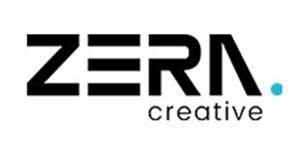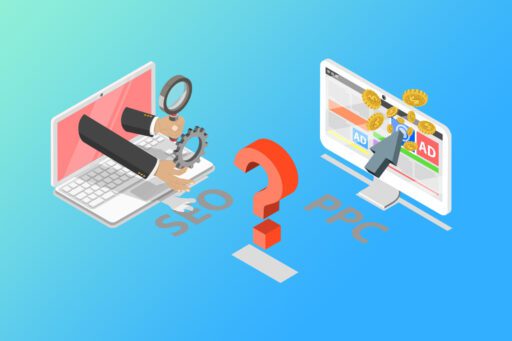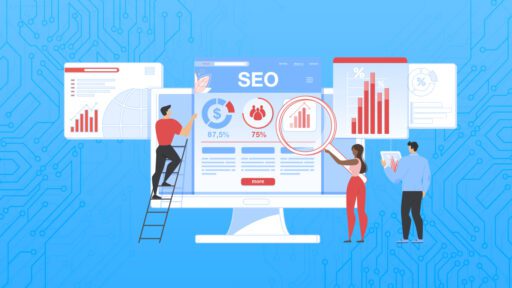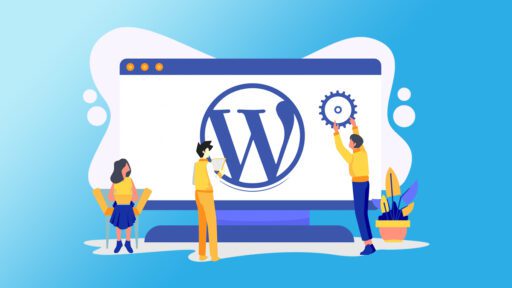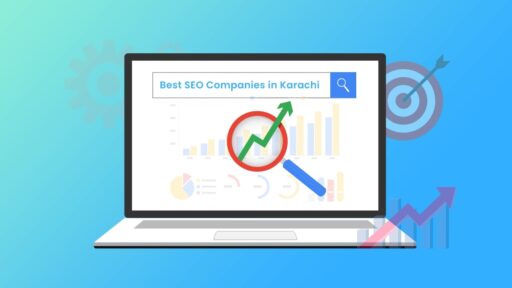In the ever-evolving landscape of digital marketing, two acronyms, SEO (Search Engine Optimization) and PPC (Pay-Per-Click), have emerged as powerful tools for businesses to enhance their online visibility. Both strategies aim to drive traffic to your website, but they follow distinct paths. SEO relies on organic, non-paid methods to boost your website’s ranking in search engine results,
While PPC leverages paid advertising to secure prime positions on search engine pages, the choice between SEO and PPC is pivotal for businesses seeking to maximise their online presence and reach their target audience. This article provides insights into the nuances of each approach and explores the factors that can help you determine which one is right for your business.
SEO vs PPC: Which is Right for Your Business?
Choosing between SEO (Search Engine Optimization) and PPC (Pay-Per-Click) advertising depends on your business goals and budget.
SEO is a long-term strategy that focuses on organic search visibility, while PPC offers immediate results through paid advertising. Understanding your specific needs and objectives is crucial in determining which approach is right for your business.
What is SEO and the Role of Keywords?
Search Engine Optimization (SEO) is an integral digital marketing strategy that aims to enhance a website’s visibility in search engine results, such as Google, Bing, and Yahoo. The primary purpose of SEO is to increase organic (non-paid) traffic to a website, improve its online presence, and boost its rankings in search engine results pages (SERPs).
To understand the value of SEO, it’s essential to grasp how search engines operate. These platforms utilize complex algorithms to analyse and evaluate websites, considering factors like content quality, user experience, and backlinks. Keywords play a pivotal role in SEO, serving as the bridge between a user’s search query and the relevant web content. Keywords are specific words or phrases that users type into a search engine when looking for information, products, or services.
Discuss the long-term benefits of SEO
One of the most significant advantages of SEO is its ability to deliver sustainable, long-term benefits to businesses, unlike PPC, which provides immediate results but only as long as you’re actively spending on ads, SEO builds organic traffic over time. Once your website has established a strong online presence and high search engine rankings, it can maintain those rankings with ongoing maintenance and updates.
Moreover, SEO builds credibility and trust with your audience. Users often place more trust in organic search results as they perceive them as more authoritative and relevant. This trust can lead to higher click-through rates and better user engagement, ultimately benefiting your business in the long run.
Mention the primary SEO techniques (on-page and off-page)
Primary SEO techniques can be broadly categorised into two main categories: on-page SEO and off-page SEO. Here are some of the critical techniques for each:
On-Page SEO
- Keyword Research: Identify relevant keywords for your content and optimize it around these keywords.
- Quality Content: Create high-quality, valuable, and engaging content that satisfies user intent.
- Title Tags: Craft descriptive and keyword-rich title tags for your pages.
- Meta Descriptions: Write compelling meta descriptions that encourage click-throughs.
- Header Tags (H1, H2, etc.): Use header tags to structure your content and make it more readable.
Off-Page SEO
- Backlink Building: Acquire high-quality backlinks from authoritative and relevant websites to boost your site’s credibility.
- Social Media Marketing: Share your content on social media platforms to increase visibility and engagement.
- Guest Blogging: Contribute guest posts to reputable websites in your industry.
- Online Reputation Management: Monitor and manage your brand’s online reputation and reviews.
- Influencer Marketing: Collaborate with industry influencers to promote your content.
These on-page and off-page SEO techniques are essential for improving your website’s visibility in search engine results and driving organic traffic.
What is PPC?
Define PPC Advertising and Its Purpose
Pay-per-click (PPC) advertising is a digital marketing model where advertisers pay a fee each time a user clicks on their ad. The fundamental purpose of PPC is to drive immediate and targeted traffic to a website or landing page and achieve specific marketing objectives.
Unlike SEO, which focuses on organic search results, PPC allows you to display ads at the top of search results and on various online platforms.
Explain the pay-per-click Model
In PPC advertising, advertisers bid on keywords or demographic criteria to determine when and where their ads are displayed. The “pay-per-click” model means that you only pay when someone actually clicks on your ad, making it a cost-effective way to attract traffic.
This model offers a level of precision and control that’s particularly appealing to businesses looking for immediate results.
Discuss the immediate benefits of PPC
PPC Provides Businesses with Several Immediate Benefits:
- Instant Visibility: Unlike SEO, which can take time to yield results, PPC offers instant visibility. Advertisers can set up campaigns and have their ads displayed within a short time frame, allowing them to reach their target audience promptly.
- Precise Targeting: PPC advertising enables businesses to target specific demographics, interests, and locations. This precision helps ensure that your ads are shown to the most relevant audience, increasing the likelihood of conversions.
- Budget Control: Advertisers have full control over their PPC budgets. You can set daily or monthly spending limits, ensuring that you stay within your financial constraints while maximizing your ad exposure.
Mention the various PPC platforms (Google Ads, Facebook Ads, etc.)
There are several PPC advertising platforms available to businesses, each with its own unique features and advantages. Some of the most popular PPC platforms include:
- Google Ads: Google’s advertising platform, previously known as AdWords, is a dominant force in the PPC world. It allows you to display ads in Google’s search results, partner websites, and across the Google Display Network.
- Facebook Ads: Facebook’s advertising platform offers extensive audience targeting options, making it ideal for businesses aiming to reach a specific demographic or interest group on the social media giant’s platform.
- Microsoft Advertising: This platform, formerly known as Bing Ads, is a strong contender in the PPC space, especially for businesses looking to expand their reach beyond Google.
By understanding these platforms and their capabilities, businesses can make informed choices about which aligns best with their marketing objectives and target audience.
Conclusion
The SEO vs. PPC debate is not about determining which is superior, but rather understanding which one best suits your business’s unique needs. SEO is the marathon runner, steadily building your online authority and delivering sustainable long-term results.
PPC, on the other hand, is the sprinter, offering immediate visibility and control but at a cost. Your choice should hinge on your specific goals, budget, and timeline.
FAQs
1: What is SEO, and how does it work?
SEO is the practice of optimizing your website and its content to improve its visibility on search engines like Google. It involves various techniques, such as keyword research, on-page optimization, link building, and technical enhancements to ensure that your website ranks higher in organic search results.
2: What is PPC, and how does it work?
PPC, on the other hand, is a paid advertising model where you bid on keywords to display your ads at the top of search engine results.
3: When should a business prioritise SEO over PPC?
Businesses often prioritize SEO when they are looking for a long-term, sustainable approach to improve their organic search rankings and build authority.
4: When is PPC the preferred option?
PPC is a suitable choice when businesses want immediate results and have the budget to invest in advertising. It’s effective for product launches, seasonal promotions, or businesses that need to target specific demographics.

